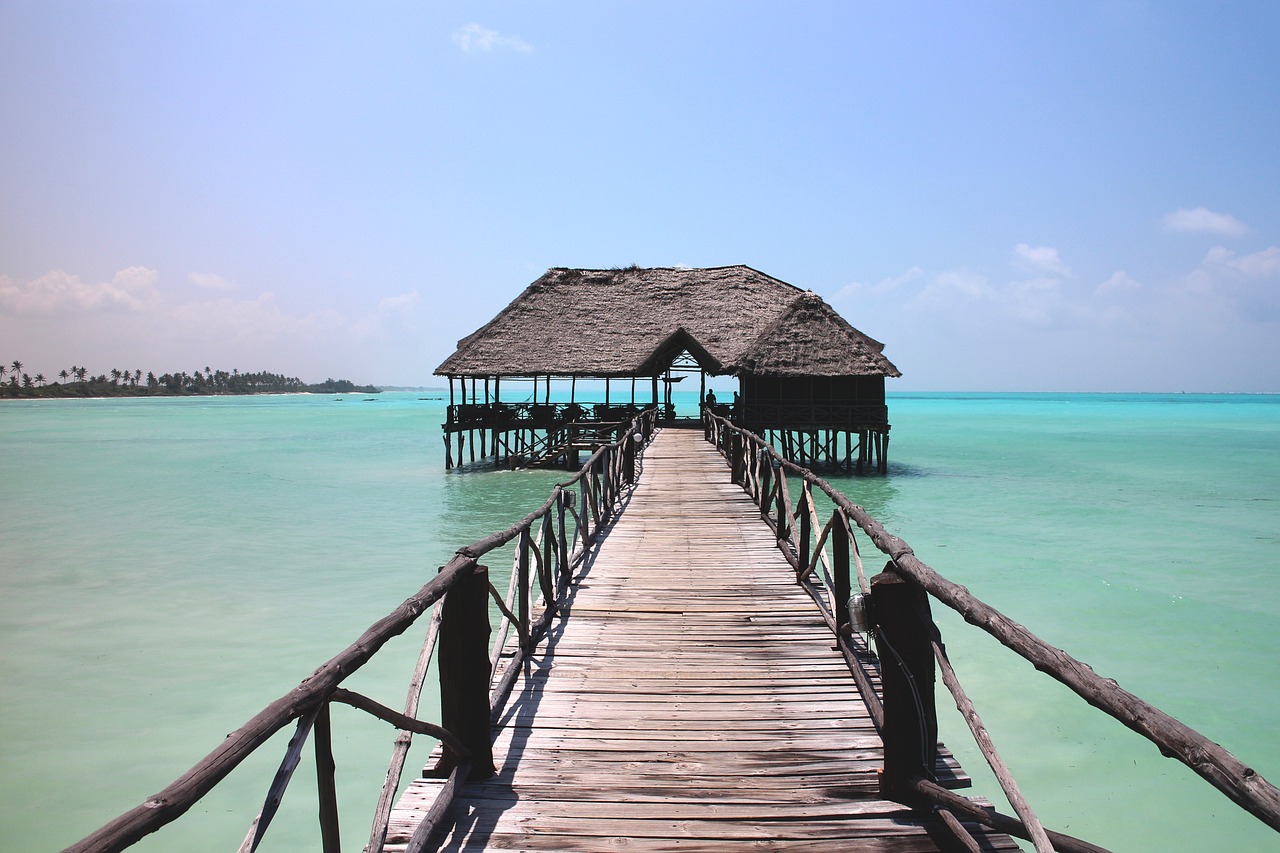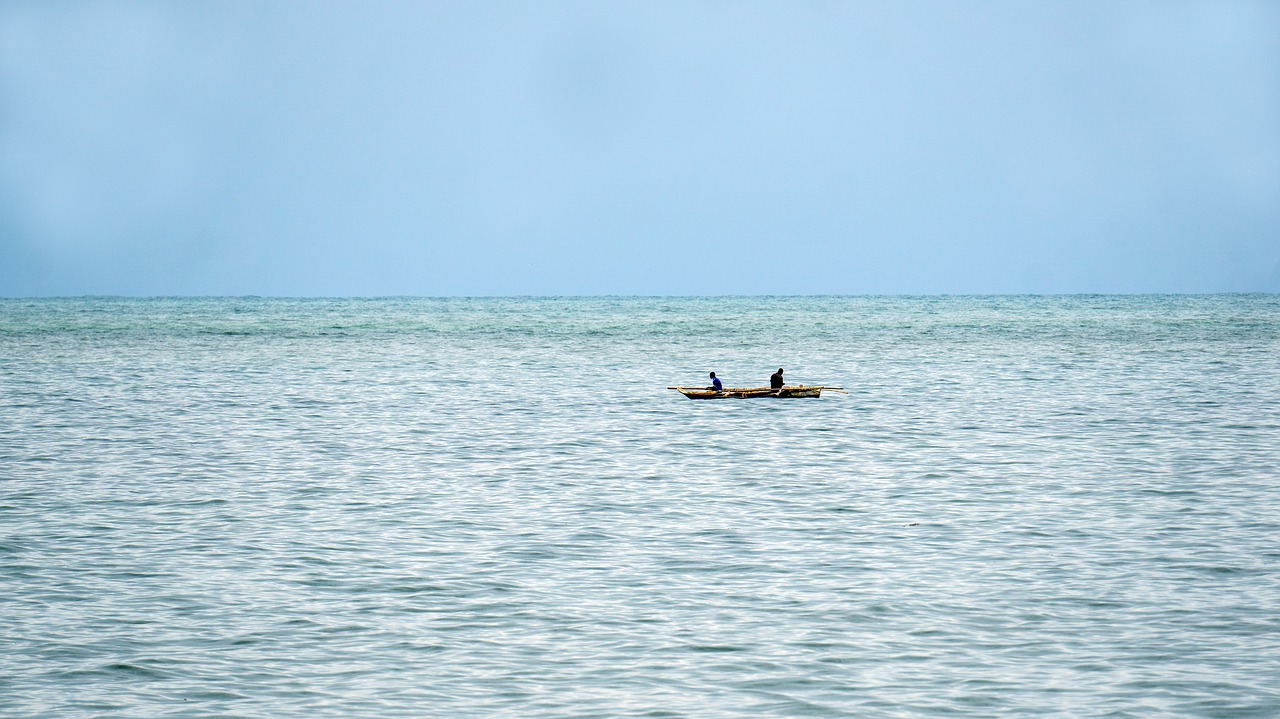Visa and Stay Regulations for Digital Nomads in Tanzania
Tanzania, located in East Africa, is a popular destination for digital nomads seeking a unique and vibrant work environment. This guide provides detailed information about visa and stay regulations for digital nomads in Tanzania, ensuring a smooth and hassle-free experience.
Visa Requirements
When planning to work remotely in Tanzania as a digital nomad, it is essential to understand the visa requirements. Here are the main types of visas available:
- Visitor’s Visa: Digital nomads can enter Tanzania with a Visitor’s Visa, which allows for a stay of up to 90 days. This visa can be obtained upon arrival at the airport or border crossing.
- Business Visa: If you plan to stay longer than 90 days, you will need to obtain a Business Visa. This type of visa requires sponsorship from a registered Tanzanian company or organization.
- Residence Permit: For digital nomads planning to stay in Tanzania for an extended period, a Residence Permit is necessary. This permit allows for a stay of up to two years and requires a sponsor, such as an employer or business partner.
Visa Extension
If you wish to extend your stay in Tanzania, it is possible to apply for a visa extension. Here are the steps to follow:
- Visit the Immigration Office: Locate the nearest Immigration Office in Tanzania and visit in person.
- Required Documents: Prepare the necessary documents, including a valid passport, visa application form, and supporting documents such as proof of accommodation and financial means.
- Application Submission: Submit your visa extension application along with the required documents at the Immigration Office.
- Processing Time: The processing time for visa extensions can vary, so it is advisable to apply well in advance of your current visa’s expiration date.
- Payment: Pay the applicable visa extension fees as directed by the Immigration Office.
- Approval: If your visa extension application is approved, you will receive a new visa allowing you to stay in Tanzania for an extended period.
Work Permits
As a digital nomad, you may wonder if you need a work permit to legally work in Tanzania. Here are some important points to consider:
- Business Visa: If you are working remotely for a foreign company and not directly employed by a Tanzanian entity, a Business Visa is usually sufficient.
- Employment with a Tanzanian Company: If you are employed by a Tanzanian company or organization, you may need to obtain a work permit. Consult with your employer or sponsor for guidance.
- Self-Employment: If you are self-employed and generating income within Tanzania, it is recommended to consult with local authorities or legal experts to determine if a work permit is necessary.
Health Insurance
Prior to traveling to Tanzania, it is crucial to have comprehensive health insurance coverage. Here are some key points to consider:
- Medical Coverage: Ensure that your health insurance plan provides coverage for medical expenses, including emergency medical evacuation if required.
- Repatriation: Verify if your health insurance covers repatriation in case of serious illness or injury that necessitates returning to your home country for treatment.
- Pre-existing Conditions: Check if your health insurance covers pre-existing medical conditions, as some policies may have exclusions.
- Travel Insurance: Consider obtaining travel insurance that includes coverage for trip cancellation, lost baggage, and other travel-related incidents.
Accommodation Options
Tanzania offers a range of accommodation options suitable for digital nomads. Consider the following:
- Serviced Apartments: Serviced apartments provide the convenience of a fully furnished space with amenities such as Wi-Fi, cleaning services, and security.
- Co-living Spaces: Co-living spaces are becoming increasingly popular in Tanzania, offering a community-oriented environment with shared facilities and networking opportunities.
- Guesthouses and Hostels: Guesthouses and hostels are budget-friendly options for digital nomads, providing a more social atmosphere and the chance to meet fellow travelers.
- Airbnb and Vacation Rentals: Consider renting an Airbnb or vacation rental for a more personalized and flexible stay.
Transportation
Getting around Tanzania as a digital nomad is relatively straightforward. Here are some transportation options:
- Taxis: Taxis are readily available in major cities like Dar es Salaam and Arusha. Ensure to negotiate the fare or request the use of a meter before starting your journey.
- Rideshare Apps: Popular rideshare apps like Uber and Bolt operate in Tanzania, offering a convenient and reliable transportation option.
- Daladala: Daladala refers to the local minibusses that serve as the primary mode of public transportation in Tanzania. They are affordable but can be crowded and less comfortable.
- Motorcycle Taxis: Motorcycle taxis, known as boda-bodas, are a common sight in Tanzania. They are ideal for short distances and navigating through traffic.
Exploring Tanzania
Tanzania is renowned for its stunning natural landscapes and diverse wildlife. Here are some must-visit destinations:
- Serengeti National Park: Experience the awe-inspiring wildebeest migration and witness the abundant wildlife in one of Africa’s most famous national parks.
- Zanzibar: Explore the idyllic beaches, vibrant culture, and historic Stone Town in this archipelago off the coast of Tanzania.
- Kilimanjaro: Embark on a trek to the summit of Mount Kilimanjaro, the highest peak in Africa, for an unforgettable adventure.
- Ngorongoro Conservation Area: Visit the Ngorongoro Crater, a UNESCO World Heritage Site, and marvel at its breathtaking scenery and diverse wildlife.
Tanzania Image 1:

Visa Extension Process
Extending your visa in Tanzania is a straightforward process. Here are the steps to follow:
- Prepare Required Documents: Gather the necessary documents, including a valid passport, visa extension application form, and supporting documents such as proof of accommodation and financial means.
- Visit the Immigration Office: Locate the nearest Immigration Office and visit in person to submit your visa extension application.
- Application Review: The Immigration Office will review your application and supporting documents to ensure they meet the requirements.
- Payment: Pay the applicable visa extension fees as directed by the Immigration Office.
- Approval and Sticker: If your visa extension application is approved, you will receive a sticker indicating the extended validity period.
Living Costs in Tanzania
Tanzania offers a relatively affordable cost of living for digital nomads. Here is an overview of the average living costs:
- Accommodation: Monthly rent for a one-bedroom apartment in a central location ranges from $300 to $600, depending on the city.
- Food: Dining out at local restaurants can cost between $5 and $15 per meal, while groceries for a week may amount to $30 to $50.
- Transportation: Taxis and rideshare services are reasonably priced, with short rides costing around $2 to $5.
- Entertainment: Entrance fees to national parks and tourist attractions range from $20 to $100, depending on the location and activities.
Tanzania Image 2:

Currency and Banking
The official currency of Tanzania is the Tanzanian Shilling (TZS). Here are some essential points regarding currency exchange and banking:
- ATMs: ATMs are widely available in major cities and tourist areas, accepting international debit and credit cards.
- Currency Exchange: It is advisable to exchange currency at authorized exchange offices or banks to ensure fair rates and avoid scams.
- Bank Accounts: Non-residents can open bank accounts in Tanzania, which can be useful for managing finances during an extended stay.
- Online Banking: Many banks in Tanzania offer online banking services, allowing digital nomads to manage their finances conveniently.
Internet Connectivity
Tanzania has a relatively reliable internet infrastructure, especially in major cities and tourist areas. Consider the following:
- Mobile Data: Purchase a local SIM card from providers like Vodacom, Airtel, or Tigo to access affordable mobile data packages.
- Wi-Fi: Many cafes, restaurants, and co-working spaces in Tanzania offer free Wi-Fi for customers.
- Internet Speed: Internet speeds can vary, but major cities generally have decent connectivity suitable for remote work.
Tanzania Image 3:

Conclusion
Tanzania provides an enchanting backdrop for digital nomads seeking adventure and a vibrant work environment. By understanding the visa and stay regulations, exploring accommodation options, and familiarizing yourself with the local culture, you can make the most out of your experience in this beautiful East African country.
References
- Tanzania Immigration Services Department: www.immigration.go.tz
- Tanzania Tourism: www.tanzaniatourism.go.tz
- Tanzania eVisa: www.tanzaniaevisa.com
- Tanzania National Parks: www.tanzaniaparks.go.tz
- Tanzania Communications Regulatory Authority: www.tcra.go.tz


